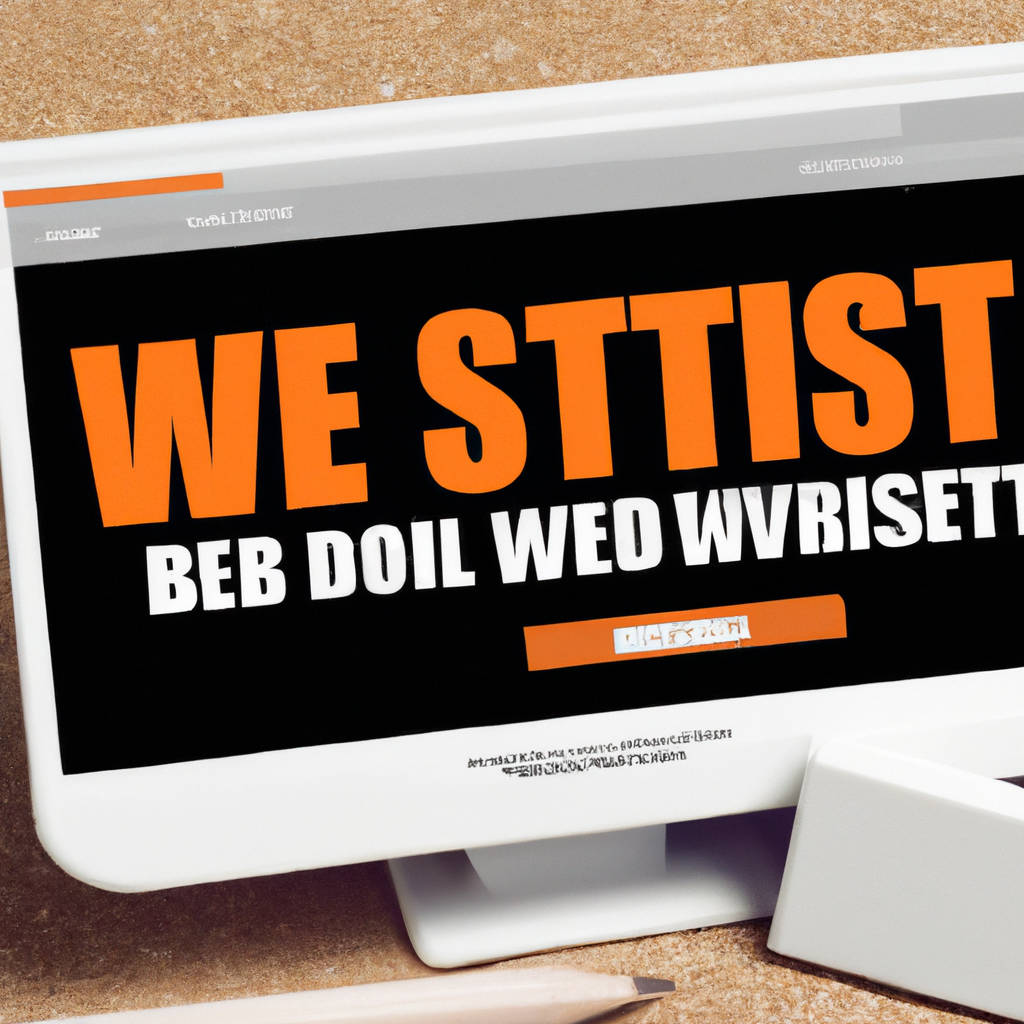Trust badges play a vital role in enhancing the credibility of a website and boosting business online. They serve as a visual symbol that reassures visitors about the safety and reliability of your site. When customers see these badges, they feel more confident about sharing their personal information such as credit card details, email addresses, etc., thereby increasing the chances of successful transactions. The significance of trust badges is underlined by numerous studies that show a direct correlation between their presence and improved conversion rates.
Therefore, considering the surge in cyber threats and data breaches, having trust seals on your website is not just an option but a necessity. They act as a testament to the site’s commitment to secure practices, thereby building a sense of trust and confidence among the users. In the present digital age, where online shopping is becoming increasingly popular, trust badges can be a powerful tool to gain a competitive edge, enhance customer loyalty, and ultimately drive sales.

Trust Badge Defined
A trust badge is an emblem or symbol displayed on a website, particularly e-commerce sites, to demonstrate the site’s credibility, security, and reliability. It serves as an assurance that the site is trusted and secure, often relating to data protection and transaction security. The primary goal of a trust badge is to foster confidence in potential customers, encouraging them to feel secure in conducting transactions or sharing personal information with the site.
Trust badges can come in various forms, such as certificates of security, indicators of secure payment processing, or signs of affiliation with reputable organizations or institutions. Many studies show that displaying trust badges can significantly boost conversion rates, as they alleviate consumer fears about security and privacy. In essence, a trust badge is a powerful tool for enhancing customer trust and increasing online sales. However, it’s crucial to remember that trust badges must be genuine and verifiable, as false badges can lead to severe reputational damage and a loss of customer faith. In conclusion, trust badges serve as a testament to a site’s credibility and commitment to protecting customer data, making them an indispensable part of any successful e-commerce strategy.
Choosing the Right Trust Badges
Selecting the appropriate trust badges for your website is an essential task that can significantly impact the success and credibility of your online business. Trust badges are symbols or logos that demonstrate your compliance with specific security standards and protocols, they assure customers that their transactions are secure and their data is protected. When choosing trust badges, it’s crucial to consider the reputation and recognition of the badge provider.
Internationally recognized providers like Norton, McAfee, and VeriSign, for instance, are instantly recognizable by consumers and can immediately enhance your site’s credibility. Additionally, the type of trust badge you choose should align with your business’s nature and the products or services you offer. An ecommerce site might require a badge that certifies secure payment processing, while a healthcare website might need a badge that assures HIPAA compliance.
It’s also important to remember that displaying a trust badge requires adherence to the standards set by the badge provider, so businesses must ensure they are equipped to meet these requirements. Lastly, placement of these badges matters too. They should be easily visible to the website visitor, preferably on the homepage or checkout page. Overall, selecting the right trust badges is a strategic decision that can significantly enhance your website’s trustworthiness, positively influencing your conversion rates and customer satisfaction.

Strategic Badge Placement
Strategic badge placement is a vital aspect of corporate branding and marketing that businesses use to ensure maximum visibility and recognition. Badges, be it company logos, security identification, or promotional tags, play a crucial role in fostering a sense of belonging and strengthening brand identity. For instance, in a corporate setting, employees wearing badges with the company logo in a highly visible area, like the chest or lapel, promote the brand and provide a sense of professionalism.
Similarly, in the world of sports and fashion, badge placement is paramount in promoting brand visibility. Designers strategically position badges on merchandise to catch the eye and appeal to potential customers. In this scenario, the placement often follows the lines of sight; hence, areas such as the chest, back, or cap front are popular choices for badge placement.
Strategic badge placement is not just about where the badge is placed, but also how it’s positioned. The badge needs to be aligned correctly and must be readable to have the desired impact. In this context, the size of the badge also plays a significant role. A badge too small may not be visible enough, while one too large can overshadow the product or person it’s attached to.
Moreover, the choice of color and design of the badge itself significantly contributes to its visibility. A badge that contrasts with the background tends to stand out more and get noticed.
In conclusion, strategic badge placement is indeed an art that, when done correctly, can boost brand recognition and visibility. It plays a significant role in various fields, from corporate settings to sports and fashion. It involves careful consideration of not just the badge’s placement but also its size, alignment, color, and design. Ultimately, the goal is to create a lasting impression on the viewer’s mind and effectively convey the brand message.
Start with Website Builder!
Starting with a website builder is a highly recommended way for individuals and businesses to establish an online presence. It’s an efficient, user-friendly solution that doesn’t require technical know-how or extensive programming skills. Using a website builder, even those with minimal experience can create a professional, visually appealing website. These platforms come with a range of templates and designs that are easily customizable, allowing you to create a unique online space that represents your brand.
Website builders typically offer a variety of features such as e-commerce functionality, SEO tools, blog integration, and social media links, among others. They are designed to accommodate both simple and complex website structures, making them versatile for various needs. Whether you’re starting a blog, creating an online store, or establishing a corporate website, a website builder can make the process straightforward and manageable.
Moreover, website builders are cost-effective compared to hiring a professional web designer. They often come with affordable monthly or annual plans, some even offer free options with basic features. This makes them a great choice for startups and small businesses with tight budgets.
In addition, most website builders provide reliable customer support. This ensures that help is readily available should you encounter any issues or need guidance during the website building process. They also regularly update their systems to ensure that your website remains secure and functions optimally.
Furthermore, using a website builder gives you full control over your website. You can make updates or modifications at any time without depending on a third party. This flexibility can be particularly beneficial as your business evolves and grows over time.
In conclusion, starting with a website builder can greatly simplify the process of creating a website. They offer a wealth of features, are cost-effective, provide excellent support, and give you full control over your online presence. So, if you’re looking to establish an online presence, a website builder might be the ideal place to start.

